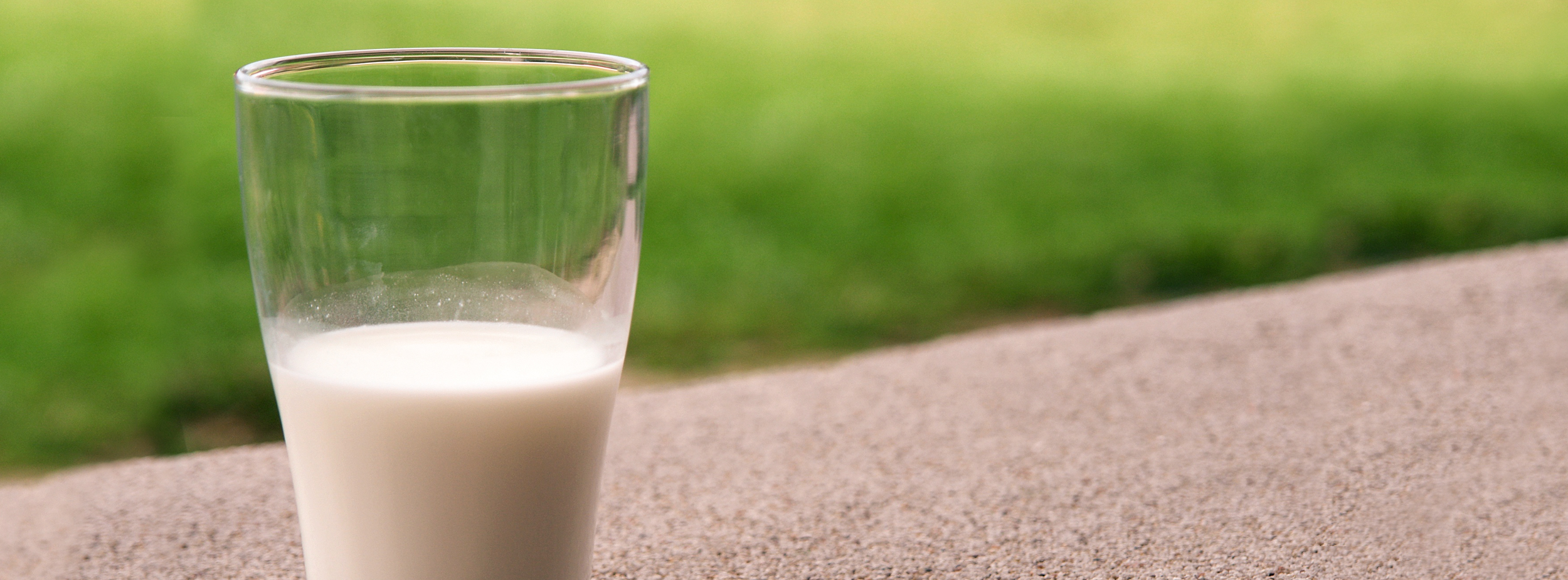
There is a lot of controversy around soy, and some of it is pretty extreme. Many people wonder, ‘is soy bad or is it good?’ I’ve been searching through some amazing nutritional sources and found some real answers on the subject, from both sides of the argument.
Why Soy Is Awesome
Referring to natural products like soybeans, tofu, Soy milk, tempeh, and miso
- It’s a complete protein, meaning it naturally contains all the essential amino acids our bodies need. This is crucial for vegans/vegetarians. Soy contains more protein than any other legume.
- Soybean extract called sterols lower cholesterol by limiting how it is absorbed by the intestines.
- Soy is low in saturated fat, and is a good source of fiber. It’s also high in complex carbohydrates and many vitamins and minerals like calcium and iron.
- Soybeans are a very healing food. They have an extremely high concentration of protease inhibitor. This is believed to help slow the spread of Cancer.
- Soybeans contain large amounts of phytochemicals, which are compounds naturally found in plants that have medicinal and disease-preventing abilities. One group of phytochemicals is isoflavones, which are antioxidants that help to guard against various cancers, prevent bone loss, and lower cholesterol.
- Despite rumours, normal amounts of soy in the day will not exert feminizing effects on men.
- Drinking soy milk more than once a day is associated with a 70% reduction in the risk of prostate cancer.
- Helps prevent heart attacks and strokes by passively maintaining clot forming cells.
- Soybeans contain phytoestrogens that act as selective estrogen receptor modulators (SERMs). This means they have pro-estrogenic effects in some tissues like bone, but anti-estrogenic in other tissues like the breasts.
- Helps to retain bone mass, which guards against osteoporosis. It also reduces the excretion of calcium through the urinary tract.
- Assists immune function
- Improves the function of your digestive system by helping with the breakdown and absorption of fats. It also aids in the growth of the good bacteria in the intestinal tract.
The Nutrients In Soybeans
Fiber, protein, calcium, iron, magnesium, phosphorus, potassium, sodium, zinc, copper, manganese, vitamin C, vitamin B1 (thiamine), vitamin B2 (riboflavin), vitamin B3 (niacin), pantothenic acid, vitamin B6, folate, lipids, and amino acids. Phytochemicals include daidzein, genistein, glycitin, glycitein, ipriflavone, beta-sitosterol, gamma-sitosterol, stigmasterol, Bowman-Birk inhibitor, lignin, phenolic acids, phytic acids, saponins, lecithin, and protease inhibitors.
Why Soy Is Less Than Awesome
- Most soy products you find on the shelves today are refined and processed into ice cream, cheese, yogurt, oil, burgers, and frozen desserts. These are not the natural forms of like soybeans, or the minimally processed forms like tofu, miso, tempeh, tamari, and soymilk; all of which are found in the traditional Asian diet.
- Nothing should be consumed in excess, and soy is no different. Consuming large amounts on a daily basis can lead to mineral deficiencies.
- It is believed Soy can lead to poor thyroid function; so it is not recommended for those with thyroid problems. (Fermented products like tempeh and miso, however, would be fine)
- Soy is one of the most common allergens, next to milk, eggs, wheat, nuts, corn, and beef.
- Some elements in soybeans interfere with the absorption of zinc.
- The protease or trypsin inhibitors in soy can meddle with pancreatic enzymes that help digest protein, but they are mostly removed by cooking. In small amounts, these same trypsin inhibitors appear to help prevent cancer.
- Dry soybeans are difficult for your body to digest; therefore, in cultures where Soy is abundant, it is usually cooked, fermented, or processed (tofu, miso, etc).

To Conclude
As with all healthy foods, moderation is key; don’t eat anything in extreme amounts. Dr. Michael Greger, author of How Not To Die and creator of NutritionFacts.org suggests That “To maintain the low IGF-1 (Insulin growth factor) levels associated with a plant-based diet, one should probably eat no more than 3-5 servings of soy foods a day,” and those “consuming 7 to 18 servings of soy foods a day may end up with circulating IGF-1 levels comparable to those who eat meat.” IGF-1 is a cancer promoting growth hormone. Animal protein increase IGF-1, while most plant proteins bring it down.
It seems like soy is actually pretty great. That is, as long you don’t go overboard, aren’t deficient in zinc, and don’t have a serious thyroid issue. Remember, it is one of the most allergenic foods, so if you do have a reaction to soy you may want to steer clear of it. For its cancer prevention properties, ability to regulate estrogen, and its high nutrient content, soy would be an awesome addition to most diets.
Thus… SOY: GOOD
Sources
Carolee Bateson-Koch. Allergies: Disease in Disguise.
Tennessee: Books Alive, 1994. Print.
Phyllis Balch, James Balch. Prescription for Dietary Wellness
Avery Pub. Group. 1998. Print
Annemarie Colbin. Food and Healing.
New York: Ballantine Books. 1986. Print
Nutrition Facts.org:
www.nutritionfacts.org/video/who-shouldnt-eat-soy/
www.nutritionfacts.org/video/too-much-soy-may-neutralize-plant-based-benefits/
www.nutritionfacts.org/video/how-much-soy-is-too-much/
www.youtu.be/vltbg3NUSQs
www.youtu.be/QlceZOBjnHk
www.youtu.be/oPZk6AEP0IY
Disclaimer
The contents of this website are for informational purposes only and should not be considered medical advice. The information provided in this website should not be used for diagnosing or treating a health condition or disease, and should not be substituted for professional care. If you suspect or have a medical condition, consult an appropriate health care provider.






Leave a Comment